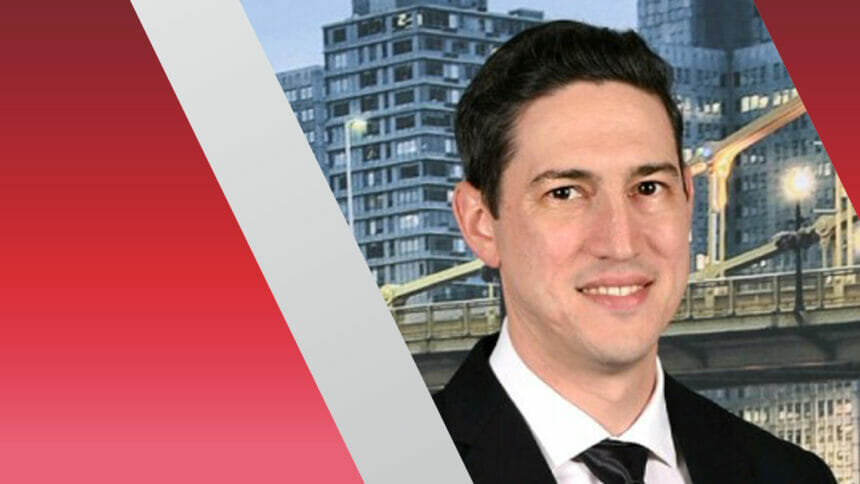
As federal regulators heighten pressure on skilled nursing facilities to accept and treat patients with mental health needs and substance abuse disorders, a new center is ramping up to equip providers with additional resources and training.
The federal Center for Excellence for Behavioral Health in Nursing Facilities was funded in September 2022 through a $5 million partnership between the Substance Abuse and Mental Health Administration and the Centers for Medicare & Medicaid Services.
It is designed as a hub to provide technical support, training and more to each of the nation’s 15,000 Medicare-certified nursing homes. Staff at the center and across 10 regions can work directly with providers who ask for assistance, with no concerns about triggering survey activity, the center’s top leader said this week.
“Many, if not all, facilities have residents with behavioral health needs, and the population has been growing over the past decade,” said Jacob Berelowitz (pictured), the center’s program manager and a former nursing home administrator and director of social work. “The pandemic also helped bring to the forefront that mental health is just a really important component of health as well.”
The center’s focus is on building staff skills and knowledge regarding residents with:
- Serious mental illnesses
- Substance use disorders
- Serious emotional disturbances
- Or co-occurring disorders
Facilities in need of technical assistance can get customized services.
Direct help given
“It was something that really excited me when I joined the center and I learned that we were not just going to be creating resources and housing them [online], but we were also going to have the ability to work on-on-one with nursing homes and help them out,” Berelowitz told members on a LeadingAge call Monday afternoon.
Requests for assistance are fielded through the center’s website or national call center. Within two business days, facilities should be able to coordinate a consultation with one of the 10 behavioral specialists designed to address a building’s specific needs. Those consultations started in March.
Early areas of interest for providers that Berelowitz noted include learning de-escalation techniques, keeping staff and residents safe from harm, and understanding the fine line between residents rights and treating patients with substance abuse disorder.
“Some facilities have residents who are actively either using substances or using alcohol, and that can be really challenging for providers to figure out how to work with those residents, how to keep them safe, while respecting their rights to indiependence,” Berelowitz said.
Those comments echo concerns raised repeatedly by CMS Division of Nursing Homes Director Evan Shulman, who has emphasized that providers need to allow residents to come and go, even if that means they might use drugs while out of the facility. Once they return, CMS expects providers to refrain from searches but rather to monitor patients for signs of use or possible overdose.
Though center staff cannot write plans of correction for facilities, Berelowitz said providers who have been cited for resident rights or behavioral health lapses can seek assistance to help meet specific goals.
Center helps with tough situations
Keeping patients safe in a setting with mixed resident needs and potentially difficult staff-resident interactions is a key part of the center’s mission.
“That’s definitely something that we stand by, ready to help with,” Berelowitz said.
Among the center’s free benefits: an online training curriculum offering short videos for frontline staff; more in-depth training events offered live, virtually, including a session today on trauma-informed culture for long-term care facilities; and certification in a range of skills ranging from mental health first aid or CARES Serious Mental Ilness or suicide prevention. Some of the two-to-three-year certifications available can cost hundreds of dollars when taken outside the center.
Staff also can shape individualized training for a specific building’s staff, as dictated by needs. The center plans to begin offering clinical and administrator continuing education credits starting in September as well.




